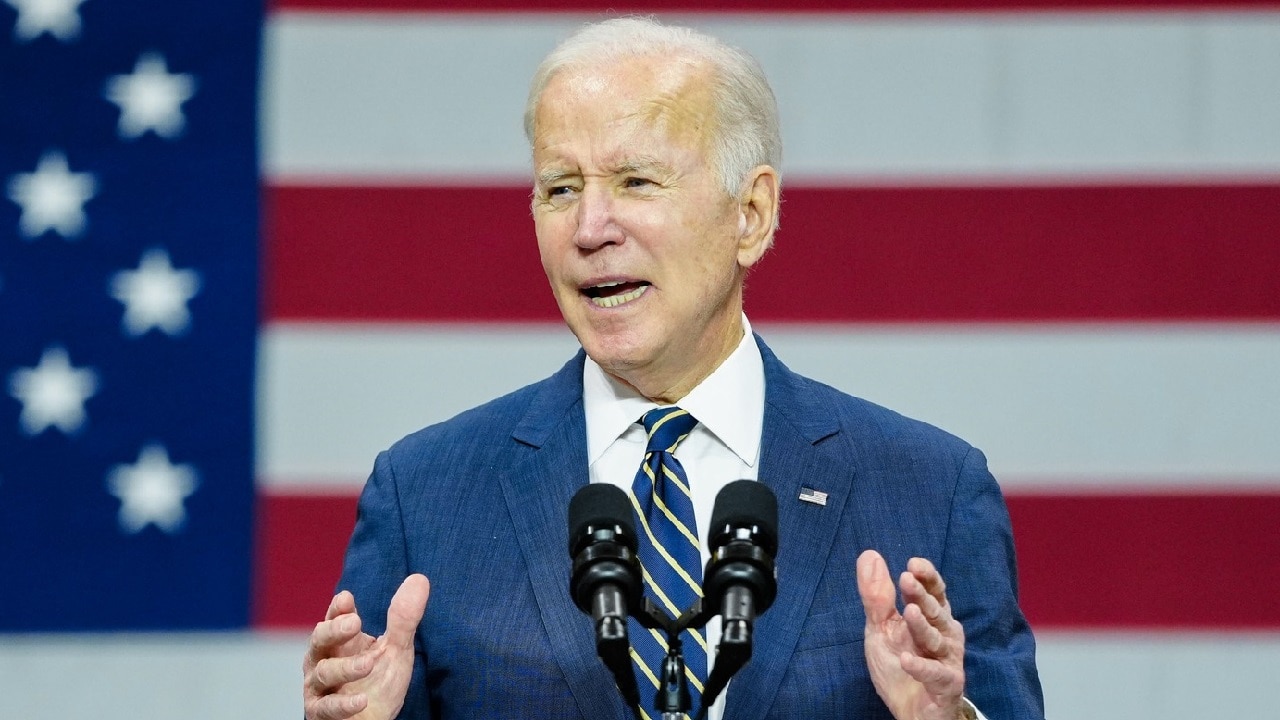Republican consultant and pollster Frank Luntz told CNBC’s Squawk Box on Friday that Americans should brace for a significant inflation bump by July 4 – a prediction bound to leave many American households concerned about the future.
Luntz told the network that as demand increases around the July 4 weekend, prices are likely to surge even higher – and that the White House recently refused to listen to the data his team has collected.
“The tragedy is that we’ve tried to explain this to the Biden administration because they are the ones who need to know,” Luntz told CNBC, adding that he is making the warning on the show only because the federal government refused to listen.
“We are 13 days away from an absolute explosion on inflation,” he added. “There are three holidays, there are three moments when Americans take to the roads, and when Americans buy more food than at any other time of the year: Christmas, Thanksgiving and the Fourth of July weekend.”
Luntz stressed that during these holidays, Americans can’t only fill up their gas tank half of the way or buy half of the food they need. Instead, this will be a moment that drives up demand, with Americans purchasing enough food for all their family and friends.
Why Demand Matters
As that demand increases, prices will go up. That’s the law of supply and demand, and it is a fundamental economic principal that dictates the price people pay for goods and services not just based on prices set by manufacturers and distributors, but on the supply of those products and services and the number of people demanding them.
On the July 4 weekend, demand increases nationwide. That means manufacturers also increase output for goods that they know will be bought more at the time, but in today’s time of economic turbulence, it’s tough for manufacturers to ensure that supply is increased.
As we approach the July 4 weekend and supply increases, and as manufacturers struggle to increase supply appropriately, prices are likely to increase.
Learning From History
Not only do theoretical economic concepts give us a good idea of what to expect in the run-up to the July Fourth weekend, but history serves as a good indicator too.
Speaking to CNBC, Luntz said that the last time economic conditions were this bad was during the 2008 economic crash.
“You have to go back to 2009, 13 years ago, to find the time when these economic numbers are as bad as they are today, and the difference is that back then, it affected roughly 60% of the population,” Luntz said.
“Now, with inflation, no matter who you are, no matter where you live, no matter how much you make, you are impacted by it. And that impact will be felt shortly.”
Consumers were hit with rising prices during the July 4 weekend last year, too. Notably, the cost of fireworks increased by between 15% and 35% last year.
Rental car prices also hit record high prices last year during the July 4 weekend, as people enjoyed the weekend in a way they couldn’t during the early days of the COVID-19 pandemic in 2020.
Jack Buckby is a British author, counter-extremism researcher, and journalist based in New York. Reporting on the U.K., Europe, and the U.S., he works to analyze and understand left-wing and right-wing radicalization, and reports on Western governments’ approaches to the pressing issues of today. His books and research papers explore these themes and propose pragmatic solutions to our increasingly polarized society.

